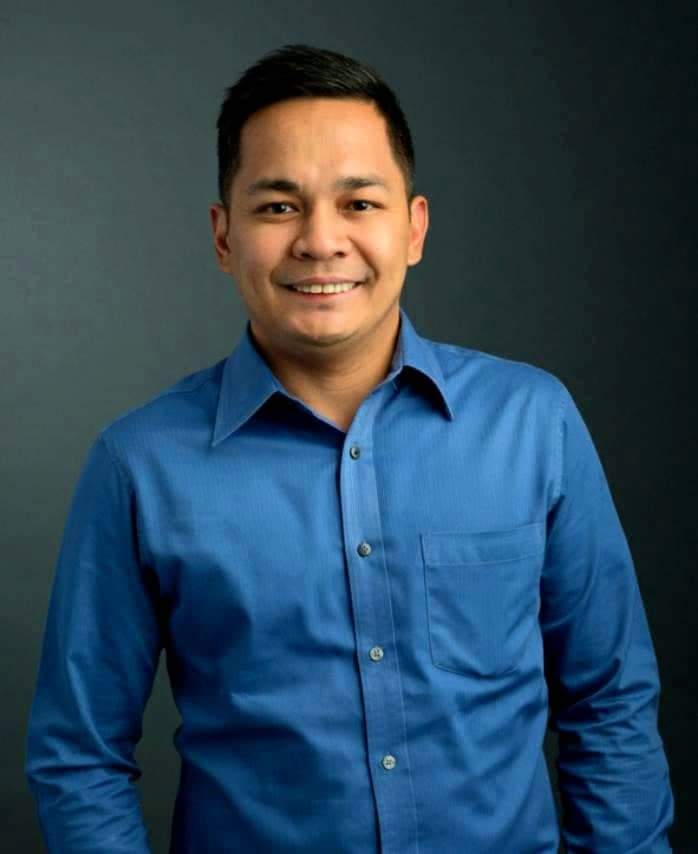The COVID-19 pandemic has provided an unprecedented jolt to almost every single business all over the world, but leaders with resilience and grit were able to swiftly normalize work, despite the numerous uncertainties surrounding public health, by re-writing the narrative of people practices and business objectives.
In this vein, hireXP—A frontrunner in automating HR with innovative tech solutions such as AI-enabled chatbot ‘Amara’-organized a highly impactful Virtual Round Table on the new narrative for employees after COVID-19.
Future of Work Arrives Early. The uninvited guest, coronavirus, took over people’s minds in workplaces in such a haste that it took some time for organizations to work on their business continuity plan (BCP), revise the business goal and provide the workforce with the infrastructure to cope with working from home (WFH). Interestingly, multiple challenges that were unique to specific industries, could only be overcome by design thinking and collaborative problem-solving to set oneself to success.
A panelist at hireXP’s Roundtable, 2GO Group’s Vice-President of HR George Wang, opined that, “For some of our employees, the concept of WFH was not applicable as their jobs mandated being physically present at a particular location such as warehouse, port or elsewhere. Even those who had office jobs, a significant portion were using desktops at the workplace.” Therefore, it was a one of a kind responsibility for the BCP planners at this logistics company to quickly transition on-site employees to remote working to honor the enhanced community quarantine (ECQ) issued by the Philippine Government.
The company created the BCP Task Force to help manage business continuity and operations through the continuously evolving business landscape. It also set up the cross-functional New Normal team led by HR to plan and manage employee-related matters. In both cases, what made it work was rapid and collaborative decision-making, educating and empowering the workforce and providing them with equipment and connectivity.
On the other hand, Dentsu Aegis Network—a multi-media and digital communication company represented by their HR Head, Fabi Carino – depends intensely on client meetings as a part of their customary work. Needless to say, they were also unprepared to deal with ECQ, but they acted fast to equip their employees with laptops and resolved to expedite digital transformation to stay ahead of the curve and adapt to the new normal.
As far as digitalization is concerned, UnionBank of the Philippines has been a trailblazer among its peers. UnionBank had 94% of its branches operational nationwide with around 30% of frontliners coming to work throughout the enhanced community quarantine, while the rest worked from home. “Owing to our digital transformation and shift in our core DNA that started years ago, UnionBank was fortunate enough to continue running the bank from home, affirming its organizational resilience and investments in digital capabilities – both people and tech,” shares Alexander Ang, Head of Employee Experience at UnionBank of the Philippines.
The founder and co-founder of hireXP, Vikas Kakkar and Marina Zolotoverkh, could not agree any more with the panelists—”WFH has ushered a need for businesses to digitalise processes and practices to stay competent and successful in the new ecosystem,” shares Vikas.
Deepening Trust and Transcending Micromanagement. On average, it took about two weeks for most companies to initiate and implement the BCP, after which the focus shifted to employee well-being, productivity tracking, client servicing and modifying the business mandate.
Alex told us that any insecurities and anxieties employees had over an uncertain future were nipped in the bud by delivering an arrangement of employee services and programs, both old and new. “More than basic services, it was about educating and retooling the workforce, shifting engagement strategies digitally, and building greater confidence and comfort of working in a purely virtual environment,” shares Alex.
Raymond Victorino, Talent Management Head of HR at Samsung Electronics Philippines, not only moderated the discussion but also brought to the fore the big issue of the day—How managers are keeping employees motivated to perform during the new normal. The concern is valid as we know that managers are very often unable to develop enriching relationships with employees that are based on trust and empathy.
With face to face interaction coming to a standstill in the present day, technology is rising to the occasion and proving to be an able collaborator to both the manager and employees. In the new scenario brought forth by COVID-19, there is a milestone shift from micromanagement to empowerment. In other words, managers are advised by HR not to fret over the daily schedules of their employees but to trust them to complete their work however they see fit, and shift the focus from employee performance to employee well-being.
Psychological Contract with Employees Precedes Legal Contract. Fabi Carino, Country HR Head at Dentsu Aegis Network Philippines, shares, that, “With the goal of empowered engagement, we conducted a 13-question pulse-based survey, as an alternative to guessing employees’ needs and wants in this unparalleled situation, and took to heart their ratings of the responsiveness and preparedness of the leadership in dealing with the COVID-19 situation.” Moreover, Fabi also initiated, “Mind your Mind” to provide mental awareness and self-care programs for the employees to address their fears, stress and anxiety from work and the COVID-19 pandemic.
Apparently, a robust employee engagement strategy is every visionary leader’s pet project as talent has proven to be the biggest differentiator between a successful and not-so successful organization. Furthermore, multiple researchers prove that a disengaged workforce leads to demotivated employees, absenteeism, low-productivity and diminishing revenue.
Hitting two birds with a stone, an AI-based chatbot such as Amara (by hireXP) helps organizations pinpoint to areas, managers and practices responsible for depreciating employees’ happiness and enables leaders to hear employees’ wishes and expectations straight from the horse’s mouth.
Quoting Dave Ulrich, George says that employees are the heart of any organization and it is every leader’s responsibility to drive empowerment and involvement to drive adaptability in each employee. This is the only way to succeed in a highly unpredictable environment. 2GO Group set up a CARE Champion network composed of educated and empowered representatives from each of their >100 highly diverse sites across the country. This network ensured that each site could design and implement the necessary changes, through strong collaboration with the central task force; the structure ensured that strict measures were taken to guarantee the safety of all employees who reported to work amidst the pandemic.
High Tech Enables High Touch. Leaning on technology in the current scenario is a common phenomenon everywhere. But the question is whether it erases the culture of constant communication and collaboration in the workplace. Certainly not, as the UnionBank leadership leverages tech to facilitate communication between employees, pursue growth and development opportunities, and engagement. In 2GO Group, the current scenario has helped them collaborate efficiently as all their virtual meetings start bang on time and fetch 100% attendance.
Roadmap to the Future Begins Now. The void—fear of the disease, unemployment and declining economy- created by COVID-19 in the workplace can be closed by empathetic and talent-driven leadership. Educating, coaching and counselling employees to deal with the stresses and anxieties of the pandemic and WFH must be coupled with HR practices based on the latest technologies such as AI, ML and data science, which are capable of streamlining and enhancing the outcome of all talent-related processes and ensuring that employees are always engaged.

















